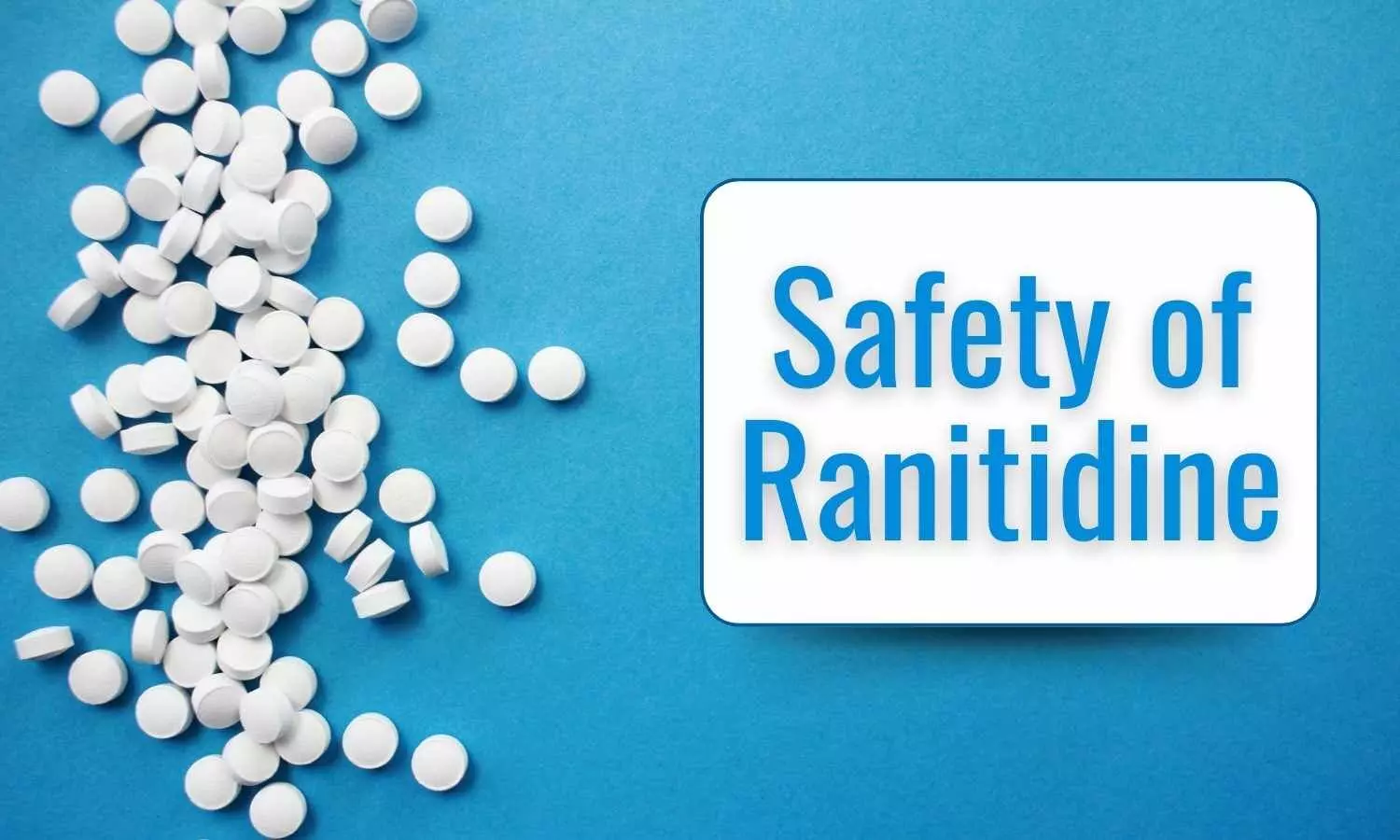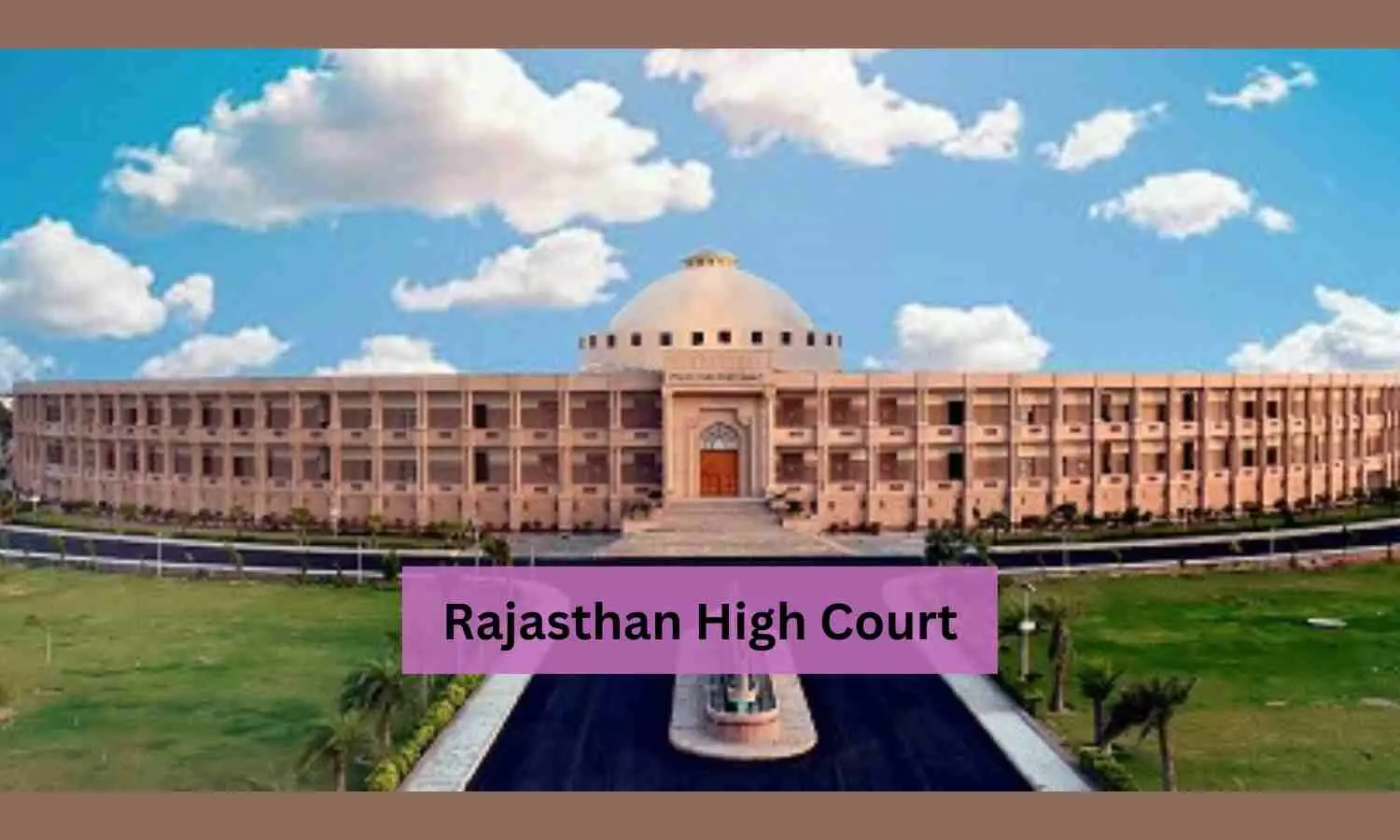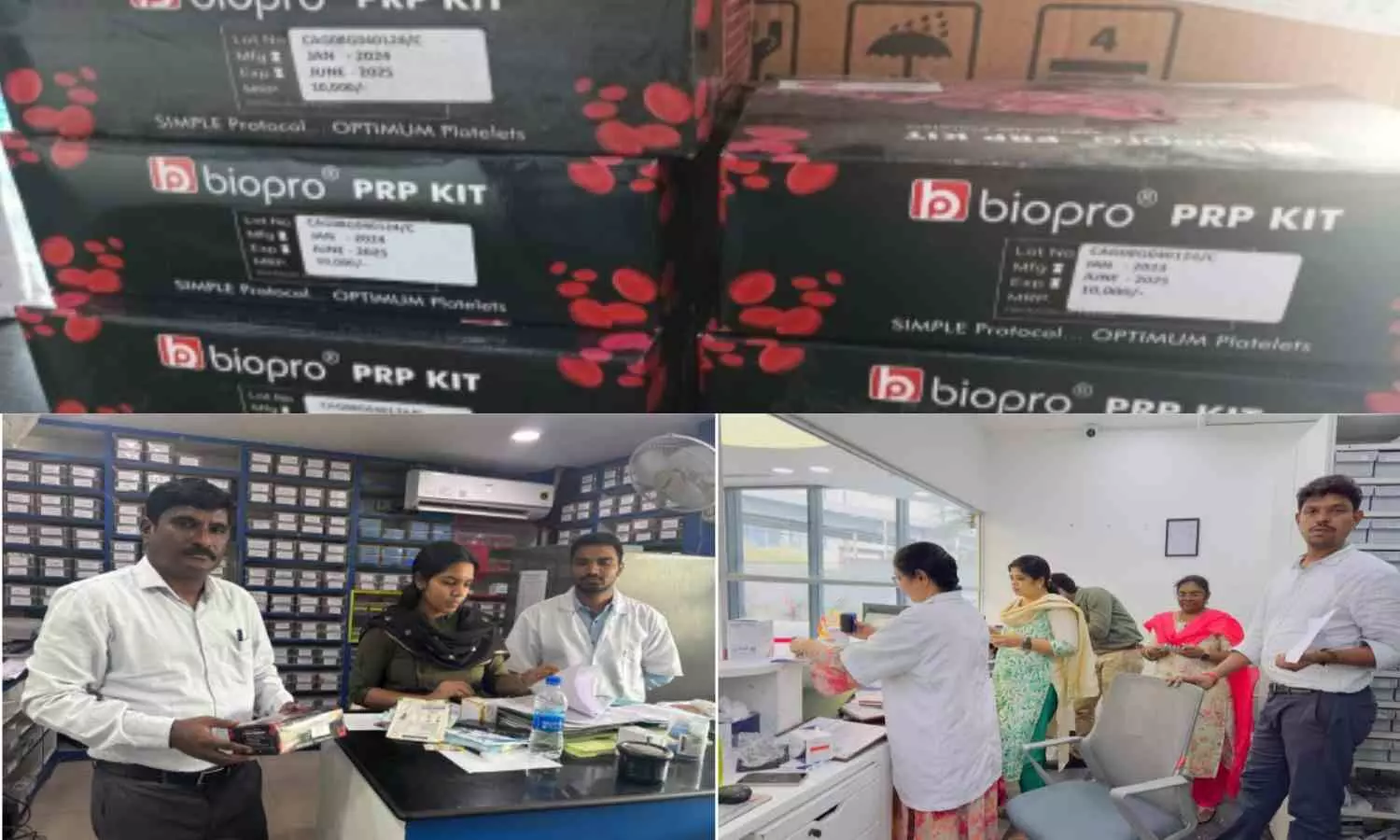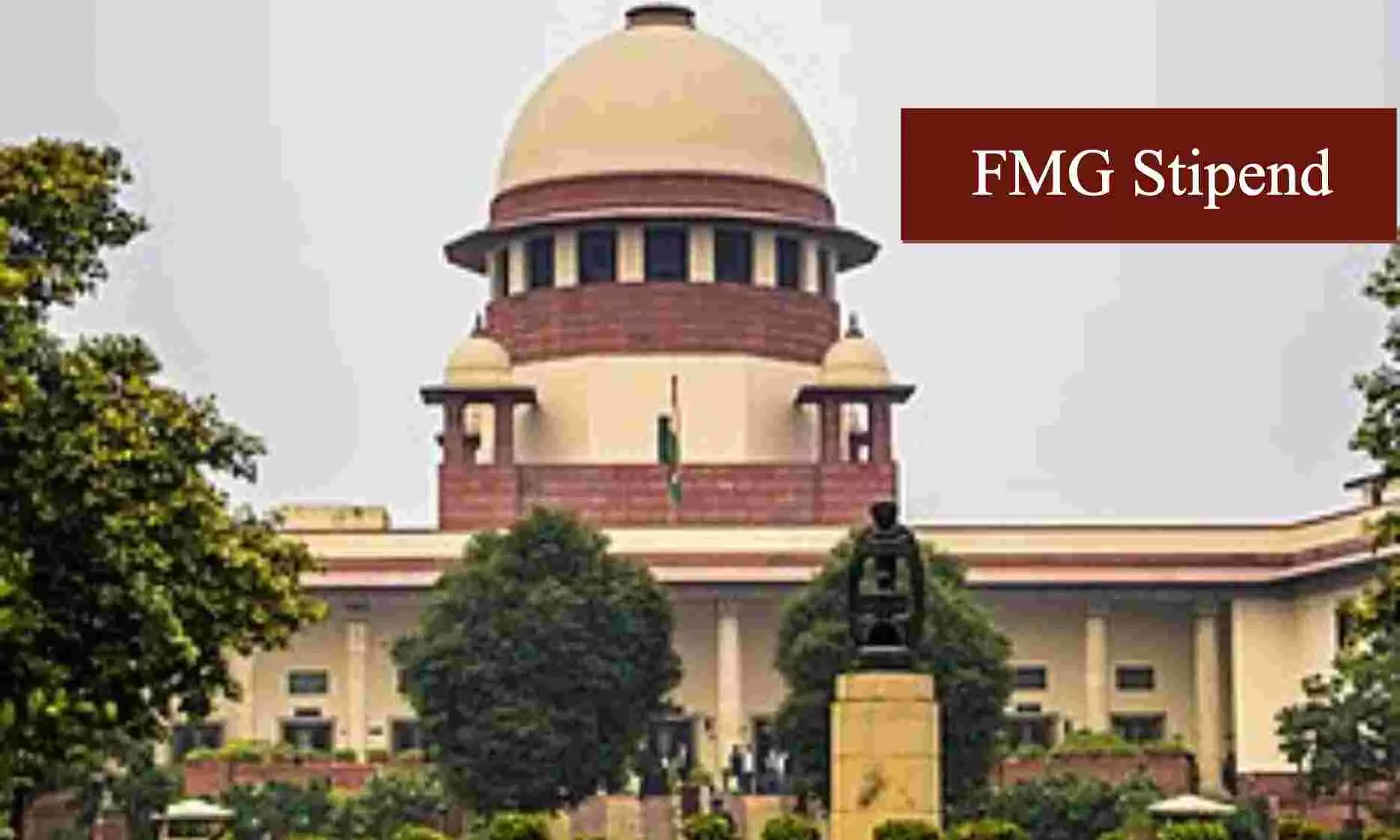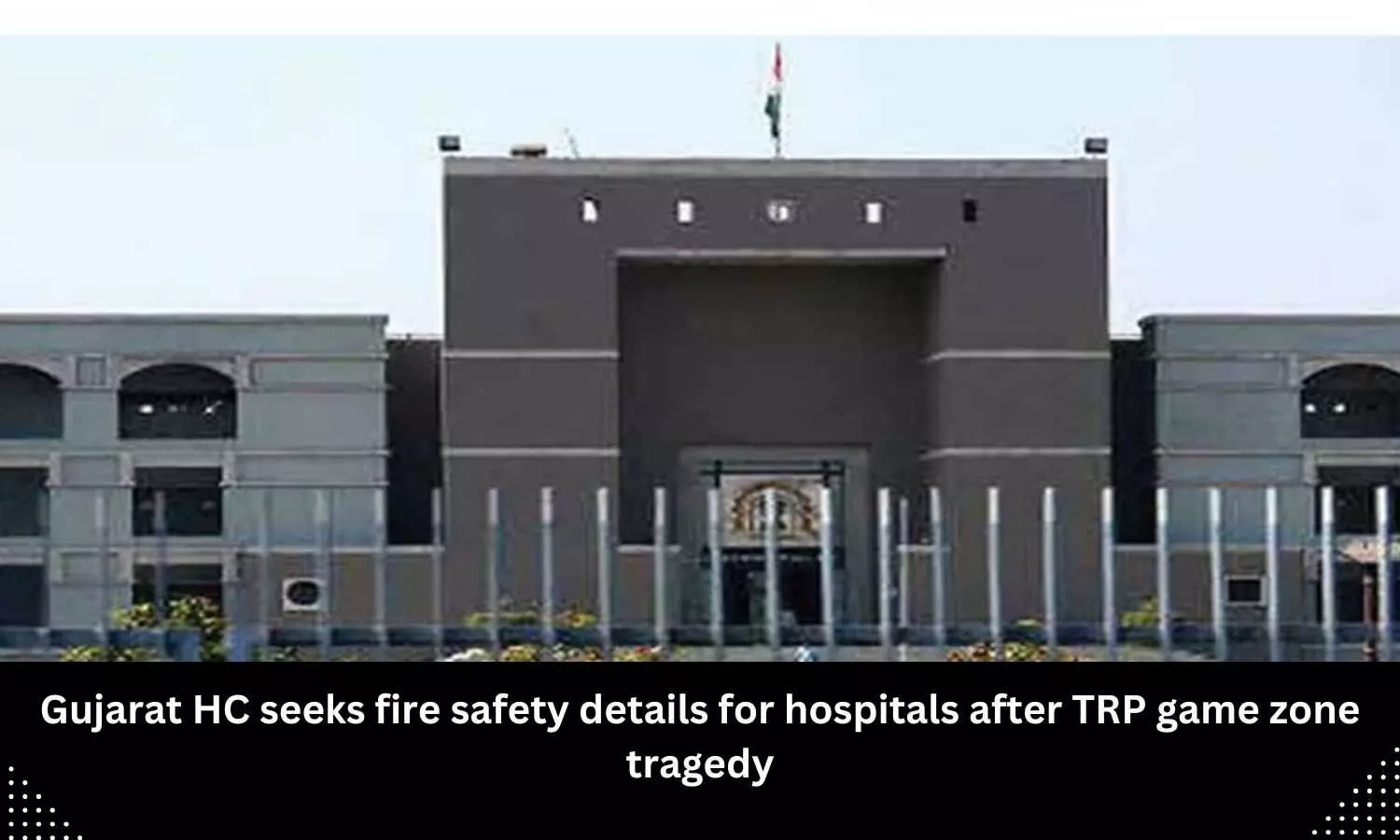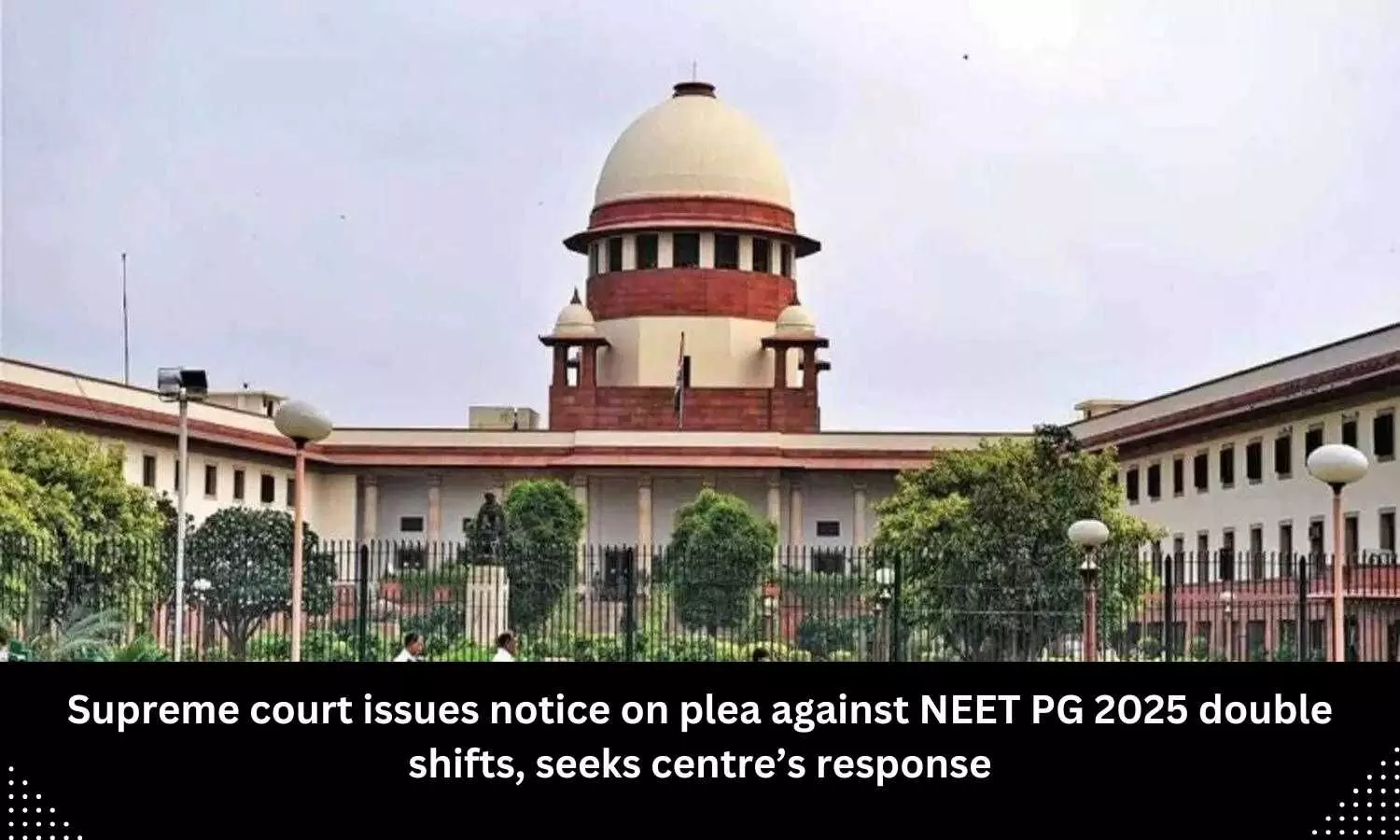NEET 2025 Paper Moderately Difficult, Students Expect lower Cut-off: Here’s the complete analysis
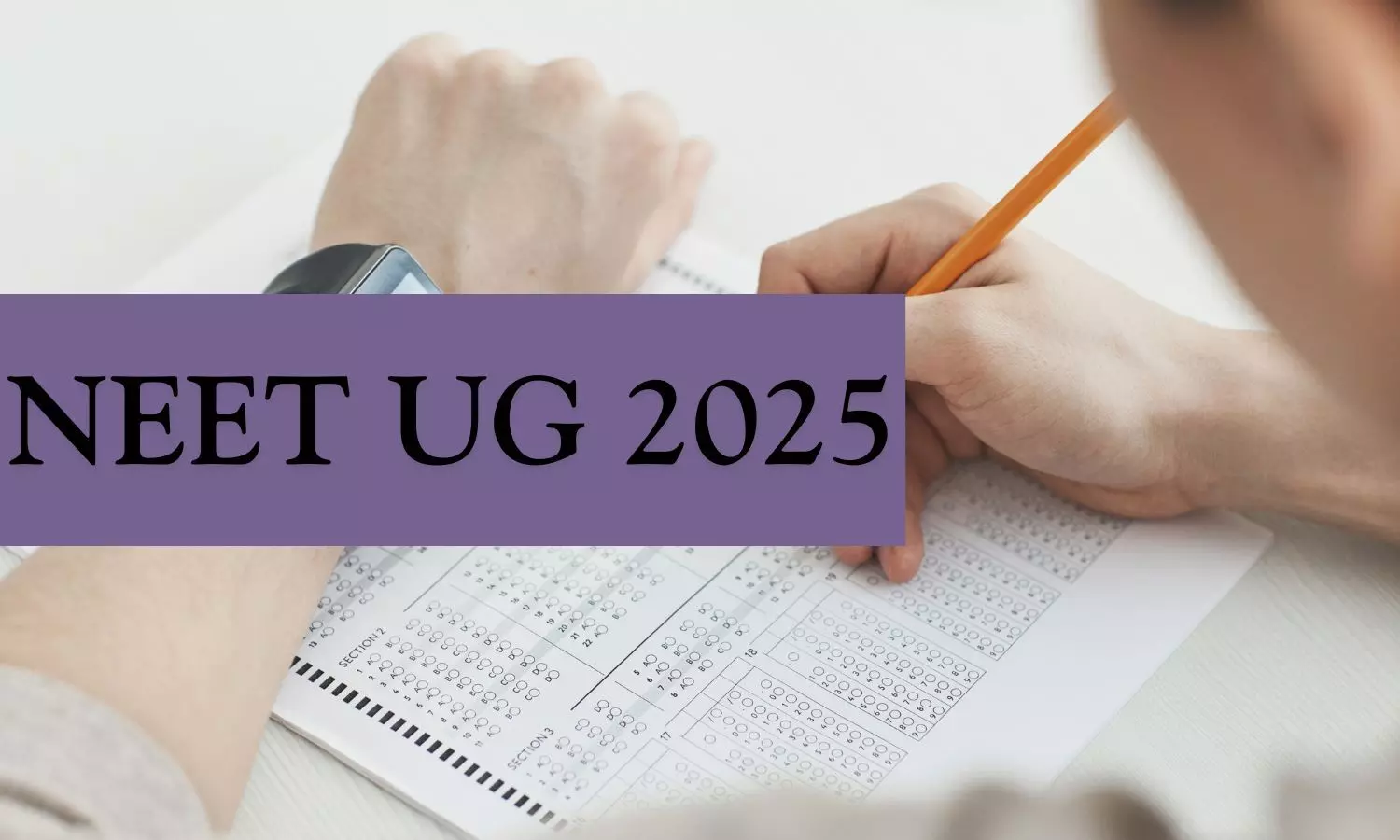
New Delhi: The most anticipated National Eligibility-Entrance Test Undergraduate (NEET-UG) examination, which is the gateway for MBBS admission in the country, was held on May 4, 2025, and more than 22.7 lakh candidates appeared in the entrance test at 5,453 centers across the country.
A majority of the aspirants who appeared in the exam on Sunday described the paper as moderately difficult. Subject-wise, the physics section was considered tough by the students, there were a few tricky questions in the chemistry portion and even though the biology section was relatively easy, it was time-consuming, The New Indian Express has reported.
Considering the difficulty level of the question paper, especially in comparison to the question papers of previous years, the students and coaching centres are expecting the cut-off marks to drop, at least marginally.
Reportedly, this year’s NEET exam turned out to be one of the toughest editions yet. This is not just due to the difficulty level in the question paper, but also because of the shift in question pattern and paper structure, India Today has reported.
Deviating from the usual pattern of 24 paper sets, NEET 2025 consisted of only four sets of questions. As per the latest media report by India Today, all these sets were designed with a consistently tough and concept-heavy format. Since the questions focused more on application-based learning, it pushed students to think deeply, rather than just recall the facts.
NEET UG 2025 aspirants had to answer 180 questions of altogether 720 marks. As per the exam pattern, they will get 4 marks for each correct answer and -1 for every wrong one. However, this time, all the questions were made compulsory and Biology was not split into Botany and Zoology. Therefore, the aspirants found it harder to compartmentalise the preparation. India Today has reported that many students struggled to finish the paper within 3 hours, mainly due to the Physics portion, which required much more work than usual. Even though the Biology section consisted of questions mainly from the NCERT syllabus, it still leaned heavily towards conceptual understanding rather than factual recall.
Subject-wise paper analysis:
A subject-wise analysis of the NEET 2025 question paper, compiled by the National Academic Director (Medical) of Aakash Educational Services Limited (AESL) reflected that overall the question paper was difficult.
The physics section was highly challenging for the aspirants. The paper emphasised on Class 11 syllabus and the questions were lengthy in nature and they required extensive calculations. The paper did not include statement-based, assertion-reason, or match-the-column questions. Most of the questions were from Mechanics and they were challenging in nature.
In the Chemistry portion, the difficulty level was medium to difficult and the main focus was on Organic and Physical chemistry. Unlike Physics, the Chemistry portion focused more on Class 12 syllabus and most of the questions required conceptual and analytical understanding. Even though there were plenty of statement-based and matrix-match based questions and one assertion-reason-based question, some of the questions were based on multiple concepts. When compared to last year, this year, the Chemistry portion was more time-consuming for the aspirants.
The Biology section in the NEET 2025 exam ranged from moderate to difficult. Even though most of the questions followed a predictable pattern, a few of them were unexpectedly challenging. All the questions, except one, were based on the NCERT textbooks and the exception included a statement not found in the prescribed text. Several questions reportedly were directly replicated the wording used in the NCERT material. Some of the items were drawn from introductory passages of the units, the exercise sections and the brief profiles of scientists featured at the beginning of the chapters.
Most of the questions were based on the Class 12 syllabus rather than from Class 11 and the Biology section also included a balanced mix of factual, conceptual and analytical questions. Multi-statement and match-the-column formats appeared most frequently, followed by assertion-and-reason type questions.
A few questions also included diagrams from the NCERT textbook and a significant portion of the questions focused on the units covering Genetics and Biotechnology.
Lower Cut-off this year?
Due to the increased difficulty level for the NEET 2025 exam paper, the cut-off may get lowered, especially for top government colleges. Since the Physics portion was widely considered the most difficult, overall, the scores might decrease even though strong performance in Biology and Chemistry could help some students compensate.
As per The New Indian Express, around 1.5 lakh students registered for NEET 2025 from Tamil Nadu and around 20,000 students appeared in Chennai district alone. Commenting on the NEET 2025 paper, a student, who appeared in the exam at Guru Nanak College told the Daily, “The biology paper was time-consuming, so I couldn’t complete it on time. Physics and chemistry were moderately difficult.”
Several students and experts noted that the physics section was as tough as, or even tougher than the 2019 NEET paper, which was regarded as one of the most difficult paper in recent years.
Commenting on the matter, a career guidance expert Jayaprakash Gandhi told TNIE, “Students will still need to score above 650 out of 720 to secure admission in a top medical college, even though cut-offs may drop slightly.” He further added that while students who appeared in the exam for the first time are expected to struggle more, those who are repeaters might perform better.
Hindustan Times has reported that students in Chandigarh found the physics portion of the NEET 2025 paper challenging to attempt. A student, who appeared for NEET 2-35 at Government Model Senior Secondary School, Sector 19, informed HT that the physics questions were lengthy and even evoked anxiety. Another student also found the physics portion challenging and said that he could satisfactorily answer the Biology questions as they were mostly based on the NCERT textbook.
Meanwhile, commenting on the matter, the owner of a city-based coaching centre for NEET students said that last year’s physics portion was mostly from the NCERT textbook. However, this time, some of the questions were of JEE Main and even JEE Advanced difficulty level. He further added that the cut-off is expected to be lowered this year, and the physics portion will be the deciding factor as both the Chemistry and Biology papers were mostly NCERT-based.
Powered by WPeMatico

